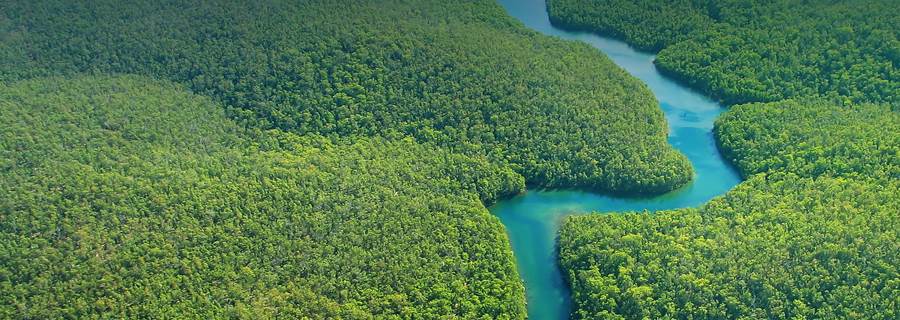Nothing to Hide: Forests and cattle farming
Executive summary
Brazil is one of the most important sources in the world of food and productivity improvements have allowed it to go from requiring food aid in the 1970s to producing enough food for 1.4 billion people every year. Its own population is 210 million. Food producers in Brazil intend to increase productivity further in the years ahead.
However, livestock farming and (as a consequence) leather production have frequently been linked to deforestation in sensitive regions in Brazil, most famously in the Amazon biome. Land has been cleared there to raise cattle or grow crops that farmers then use to feed cattle. In some cases, campaign groups and finished product brands have sought to place the blame for this on the entire Brazilian meat and leather sectors.
This is to miss or dismiss a wide array of projects that some of the biggest players in meat and leather in Brazil, and indeed the world, have been engaged in for years to guard against deforestation. They are monitoring their suppliers carefully and intend to use blockchain technology to go a step further and monitor also their suppliers’ suppliers. They are working with partners in government, technology providers and local communities to help preserve the environment in the Amazon and other sensitive biomes.
These projects have already had a degree of success and prominent meat and leather companies believe they are on the way to making their supply chains completely deforestation-free.
About this essay
The first version of this essay was published in World Leather June-July 2014. Most of the original material came from Fernando Bellese, who was then marketing and sustainability manager at JBS Couros, the leather division of the Brazilian meat and tanning group. He is now the chief sustainability officer of PrimeAsia. This new version of Nothing To Hide: essay three updates as much of the original data as possible and brings details of a number of projects and initiatives that JBS and others have launched since 2014.
Sources of the data include the United Nations Food and Agriculture Organisation and Trase Insights.




